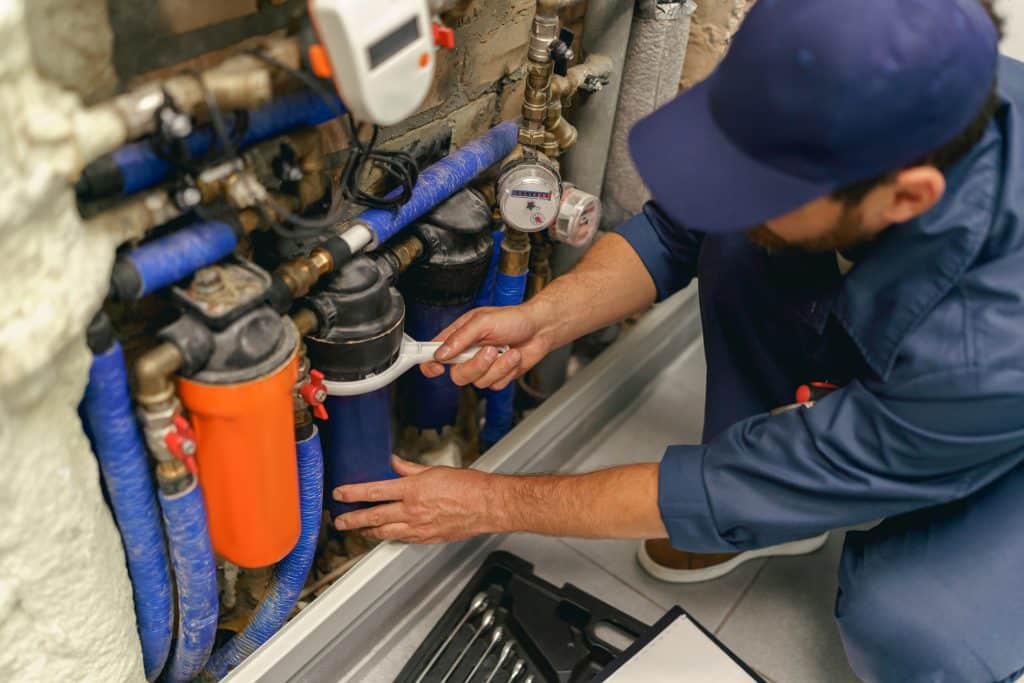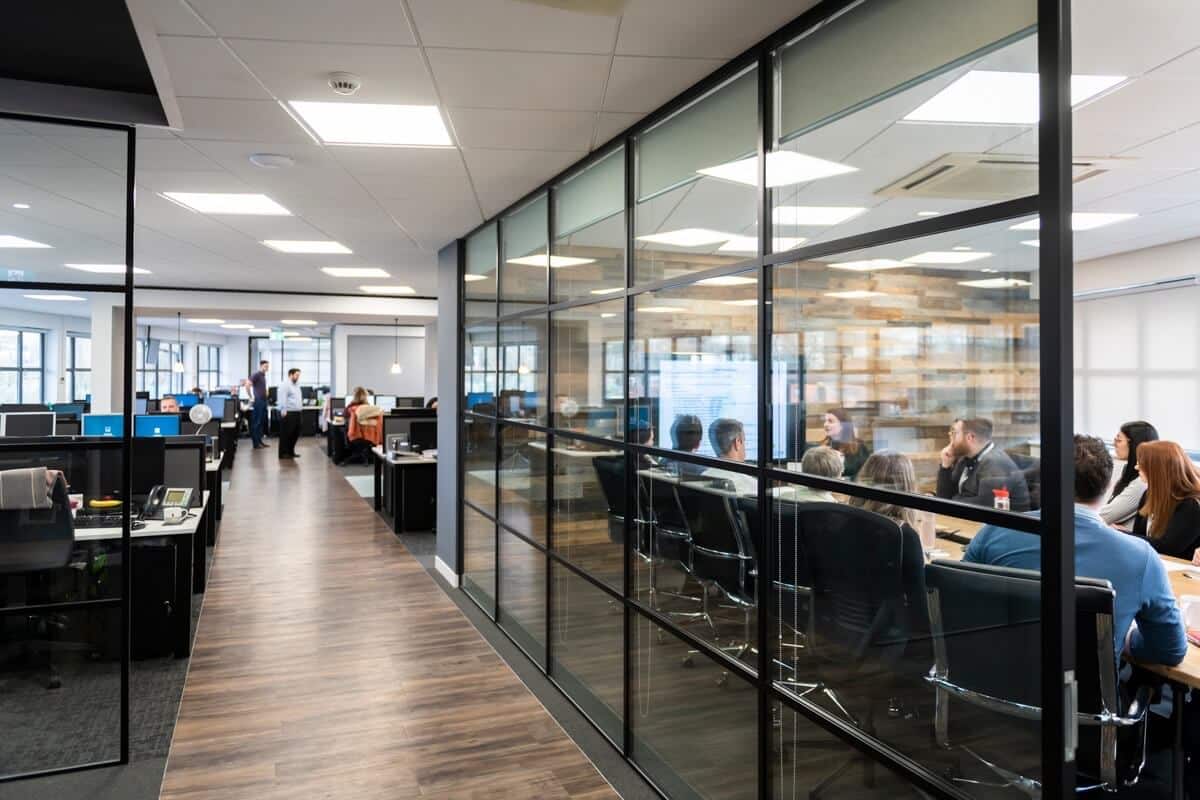Interested to find out more about the wonderful world of Facilities Management? Here we have some frequently asked questions about the industry!
Defining Facilities Management
Facilities management refers to the management and maintenance of physical assets, systems, and services required for the operation of a business or organisation. It involves ensuring that buildings, infrastructure, and equipment are effectively and efficiently maintained, repaired, and managed to support the core activities.
Facilities management encompasses a wide range of responsibilities, including property management, maintenance, security, cleaning, health and safety, environmental sustainability, space planning, and contract management.
What is the importance of Facilities Management?
Facilities management is important for several reasons:
1. Efficient Operations: Facilities management helps ensure that facilities are maintained and operated efficiently, minimising downtime and disruptions to business operations. This includes regular maintenance, repairs, and inspections to keep facilities in good working condition.
2. Cost Management: Effective facilities management helps control and minimize operational costs. By ensuring optimal use of resources, energy efficiency, and preventive maintenance, facilities management can help reduce expenditures on repairs, replacements, and energy consumption.
3. Employee Productivity and Comfort: A well-managed facility provides a safe, comfortable, and productive environment for employees. Facilities management involves taking care of essential services like HVAC, lighting, cleanliness, and security, which contribute to employee well-being and productivity.
4. Compliance with Regulations: Facilities management ensures compliance with various legal and regulatory requirements related to health and safety, accessibility, environmental sustainability, and other building codes. Staying compliant helps avoid penalties and legal issues.
5. Asset Lifecycle Management: Facilities management oversees the entire lifecycle of physical assets, from acquisition to disposal. This includes identifying and procuring necessary equipment, implementing maintenance schedules, and managing upgrades or replacements. Good asset management can extend the lifespan of assets and maximise their value.
6. Customer Satisfaction: For businesses that interact with customers or visitors directly, like retail stores or hospitality establishments, facilities management plays a crucial role in creating a positive customer experience. Cleanliness, aesthetics, and a well-maintained environment can enhance customer satisfaction and loyalty.
What do facilities managers do?
Facilities managers are responsible for the smooth and effective functioning of facilities, ensuring functionality, safety, and comfort for occupants while managing costs and maintaining compliance with regulations.
They oversee buildings and facilities, ensuring they are well-maintained and efficient. They handle tasks like maintenance, budgeting, safety, space planning, vendor management, sustainability efforts, security, customer relations, and project management. Their ultimate goal is to ensure facilities run smoothly and meet the needs of occupants while staying within budget and complying with regulations.

What skill sets do facilities managers have?
1. Technical Knowledge: Facility managers understand building systems, equipment, and maintenance practices.
2. Problem-Solving and Decision-Making: Facility managers efficiently address problems and make informed decisions.
3. Communication: Facility managers excel in verbal and written communication with stakeholders.
4. Leadership and Management: Facility managers lead teams, delegate tasks, and foster a positive work environment.
5. Financial Management: Facility managers handle budgets, contracts, and make cost-saving decisions.
6. Project Management: Facility managers plan and execute projects, managing timelines and resources.
7. Health and Safety: Facility managers implement safety policies and conduct risk assessments.
8. Customer Service: Facility managers prioritise tenant satisfaction and actively address concerns.
9. Sustainability and Environmental Awareness: Facility managers promote eco-friendly practices and energy conservation.
10. Flexibility and Adaptability: Facility managers adjust plans to handle unexpected challenges.
These skills help facility managers effectively oversee buildings and facilities.
Why is a facilities manager so important?
A facility manager is crucial for ensuring optimal facility performance, cost efficiency, and occupant satisfaction. They manage facility operations, prioritise occupant needs, and implement cost-saving measures. Additionally, they ensure regulatory compliance, promote sustainability, and oversee facility-related projects.
What are the types of facilities management?
1. Hard Facilities Management: Focuses on equipment maintenance, repairs, and ensuring proper functioning of systems.
2. Soft Facilities Management: Focuses on roles such as catering, cleaning, security, reception and helpdesk.
3. Space and Infrastructure Management: Oversees efficient space use, office layouts, moves, and infrastructure optimisation.
4. Environmental and Sustainability Management: Implements strategies to reduce environmental impact, promote sustainability, manage waste, and comply with regulations.
5. Health and Safety Management: Maintains a safe work environment with safety protocols, risk assessments, emergency procedures, and regulatory compliance.
6. Financial and Asset Management: Manages finances, budgeting, procurement, vendors, and tracks asset performance and value.
7. Strategic Facility Planning: Focuses on long-term planning, aligning facility goals with organisational objectives through assessments, future needs determination, and strategy development.

Why is FM more relevant than ever?
As technology advances, buildings are becoming smarter and more connected, requiring specialised knowledge and skills to manage and maintain them effectively. Additionally, the importance of sustainable practices and energy efficiency in buildings is growing, as organisations are increasingly focused on reducing their environmental impact and operating costs. Facilities managers play a crucial role in implementing and overseeing these initiatives.
Furthermore, with the COVID-19 pandemic, facilities management has become even more essential in ensuring the health and safety of building occupants. From implementing enhanced cleaning protocols to optimising building ventilation systems, facilities managers are at the forefront of creating safe and healthy environments for all.
As the built environment becomes more complex and interconnected, facilities management is essential for ensuring the efficient and effective operation of buildings and infrastructure.
To find out more about what our Facilities Management team offers, click here!
Why Choose Us?
At ARM, we understand the significance of securing your dream job and the challenges that come with the job-seeking process. As a leading recruitment agency with years of experience, we stand out for several compelling reasons:
1. Expertise: Our team of seasoned recruiters possesses extensive knowledge across various industries and job sectors. We leverage this expertise to identify the best job opportunities tailored to your unique skills and preferences.
2. Personalised Guidance: We believe in forging strong connections with our candidates. Our personalised approach ensures that we understand your career aspirations, strengths, and areas for development, allowing us to guide you effectively through every step of the job search.
3. Vast Network: ARM has developed an extensive network of top employers and companies, giving you access to a diverse range of job openings. This network allows us to match you with employers that align with your professional goals.
4. Interview Preparation: Our dedication to your success goes beyond connecting you with job openings. We provide comprehensive interview preparation, offering valuable tips, insights, and mock interviews to boost your confidence and performance during the real interview.
5. Long-term Support: Our commitment to your career doesn’t end after you secure a job. We maintain long-term relationships with our candidates, ensuring ongoing support and assistance to help you excel in your chosen role.
6. Confidentiality: We understand the importance of privacy in job-seeking endeavours. Rest assured, all your personal information and job search details are treated with the utmost confidentiality and discretion.
Choosing ARM means entrusting your career goals to a dedicated team that will be with you every step of the way. Let us guide you towards a successful and rewarding professional journey.









